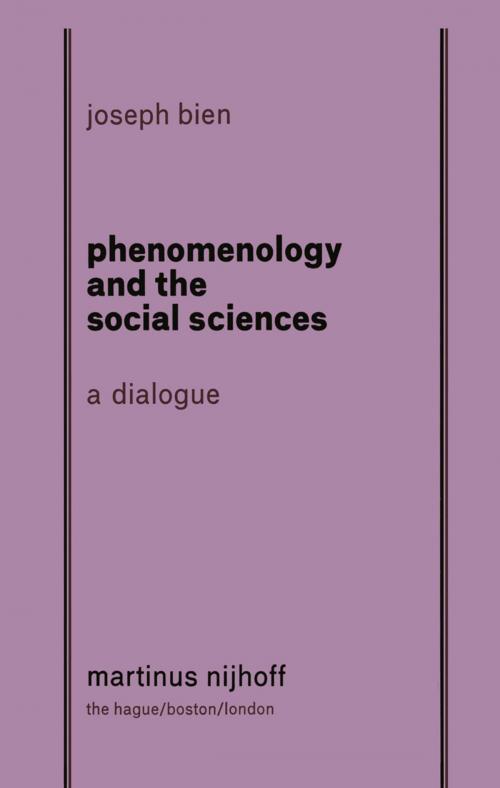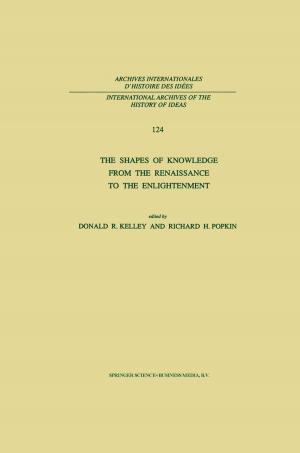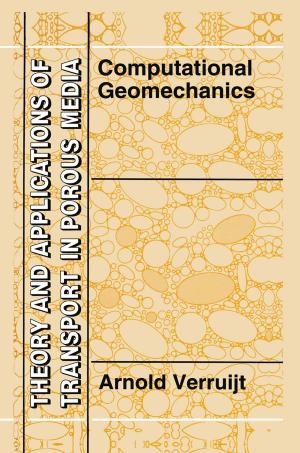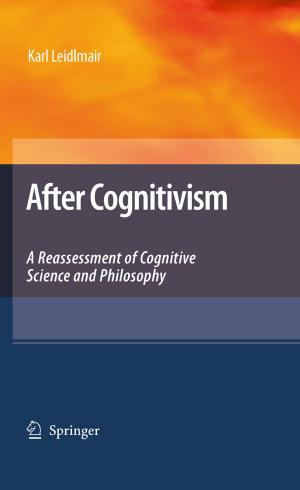Phenomenology and The Social Science: A Dialogue
a dialogue
Nonfiction, Religion & Spirituality, Philosophy, Phenomenology| Author: | Joseph Bien | ISBN: | 9789400996939 |
| Publisher: | Springer Netherlands | Publication: | December 6, 2012 |
| Imprint: | Springer | Language: | English |
| Author: | Joseph Bien |
| ISBN: | 9789400996939 |
| Publisher: | Springer Netherlands |
| Publication: | December 6, 2012 |
| Imprint: | Springer |
| Language: | English |
The five essays in this work attempt in interpretive and original ways to further the common field of investigation of man in the life-world. Richard Zaner in his examination of the multi-level approach of the social sciences to the social order points us toward essences and the manner in which they are epistemically understood. By contrasting the work of the later Durkheim with that of Husserl, Edward Tiryakian is able to suggest a commonality of endeavor between them. Paul Ricoeur, after phenomenologically distinguishing three concepts of ideology, examines the supposed conflict between science and ideology and its resolution through a hermeneutics of historical understanding. Maurice N at anson in his discussion of the problem of anonymity reflects on both the sociological givenness of the world and its phenomenological reconstruction, showing the necessary interrelationship of both prior ities. Fred Dallmayr, after a presentation of the state of validation in the social sciences and their problems in attempting to ground them selves either in regard to logical positivism or phenomenology, refers us to the perspective of Merleau-Ponty concerning the relationship of cognition and experience.
The five essays in this work attempt in interpretive and original ways to further the common field of investigation of man in the life-world. Richard Zaner in his examination of the multi-level approach of the social sciences to the social order points us toward essences and the manner in which they are epistemically understood. By contrasting the work of the later Durkheim with that of Husserl, Edward Tiryakian is able to suggest a commonality of endeavor between them. Paul Ricoeur, after phenomenologically distinguishing three concepts of ideology, examines the supposed conflict between science and ideology and its resolution through a hermeneutics of historical understanding. Maurice N at anson in his discussion of the problem of anonymity reflects on both the sociological givenness of the world and its phenomenological reconstruction, showing the necessary interrelationship of both prior ities. Fred Dallmayr, after a presentation of the state of validation in the social sciences and their problems in attempting to ground them selves either in regard to logical positivism or phenomenology, refers us to the perspective of Merleau-Ponty concerning the relationship of cognition and experience.















